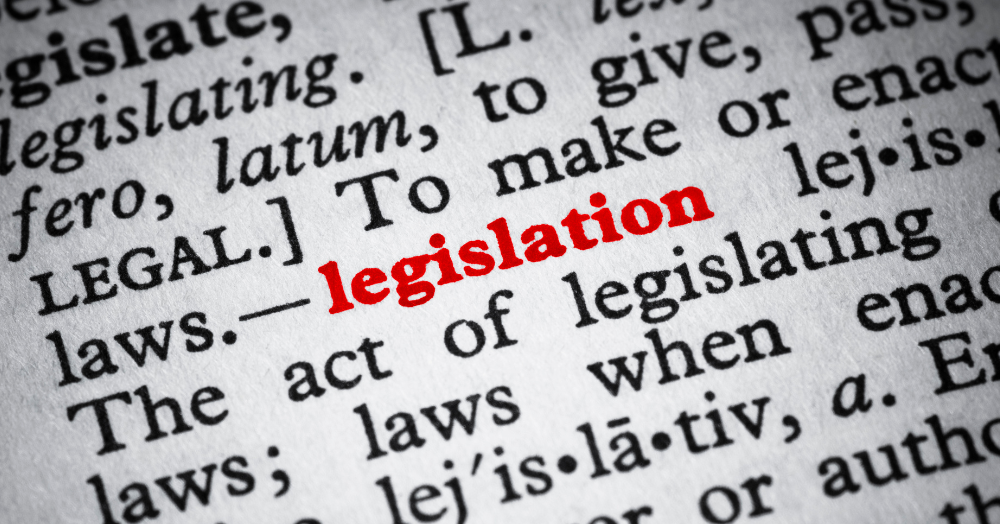
🏡 Key things you need to know as a Landlord!
If you are already a landlord, you will know about the endless rules and regulations you have to abide by. If you are not yet a landlord but are thinking about becoming one, this article will help keep you on the right side of the law!
🏡 Landlord Legislation: What You Need to Know Before Letting
There are hundreds of pieces of legislation that affect landlords and the letting of properties. Breaking these rules can result in:
Losing the right to regain possession of your property
Unlimited fines
Even prison sentences
👉 You cannot wing it.
As a landlord, you’re legally responsible for ensuring your property is in a safe, warm, and habitable condition. If it doesn’t meet requirements, you could face enforcement notices and legal action under the Housing Health and Safety Rating System (HHSRS).
The safest way to get it right? Work with qualified professionals who deal with legislation every day. That way, both you and your tenants are protected.
✅ Getting Ready: Safety Essentials
Gas Safety Certificate – Annual checks required for all gas appliances and flues.
Electrical Safety Report – Inspections and testing by a qualified person every 5 years.
Smoke & Carbon Monoxide Alarms – At least one smoke alarm on every floor; carbon monoxide alarms in rooms with fixed combustion appliances (excluding gas cookers).
Water Supply – Must be safe and in working order.
Energy Performance Certificate (EPC) – Minimum ‘E’ rating currently required. From 2025, new tenancies will need a minimum ‘C’.
Blinds – Must be safe by design; no looped cords.
Furniture – All items must have fire safety labels intact.
⚠️ If a contractor cannot provide a pass certificate, you are legally required to carry out remedial works—potentially costly and causing delays. Don’t leave checks until the last minute.
📑 Paperwork & Compliance
Pre-Tenancy Checks – References, ID verification, landlord references, credit checks, and employer references. These may be required for rent guarantee insurance.
Right to Rent – Legally required checks on all tenants to ensure they can rent in the UK. Use the government website with the tenant’s share code and DOB. Status will show as:
Settled (no expiry, no further checks)
Pre-Settled (time-limited, further checks required)
Inventories & Deposits –
Maximum deposit: 5 weeks’ rent (per Tenants Fees Act 2019)
Prohibited fees cannot be charged
Prepare a signed, dated inventory with photos before move-in
Protect deposits within 30 days using a government-approved scheme (e.g. DPS)
📌 Without an inventory, it will be nearly impossible to claim for damages at the end of the tenancy.
💰 Other Things to Consider
Cashflow – Don’t rely solely on rent to cover mortgages or repairs. You must act immediately if urgent maintenance is required. Keep at least 3 months’ rent in reserve for unexpected costs or rent arrears.
Insurance – Rent guarantee insurance and landlord insurance provide protection for you and reassurance for tenants. They ensure repairs can be handled promptly and reduce financial risk.
👋 Final Thoughts
There’s far more legislation surrounding property rentals and tenancy agreements than can be listed here. If you’re unsure or anxious about compliance, don’t take the risk.
📞 We are here and ready to help in any way we can. 🧑💼
☎️ Call: 01474 321957
📧 Email: stephanie@mandmprop.co.uk
